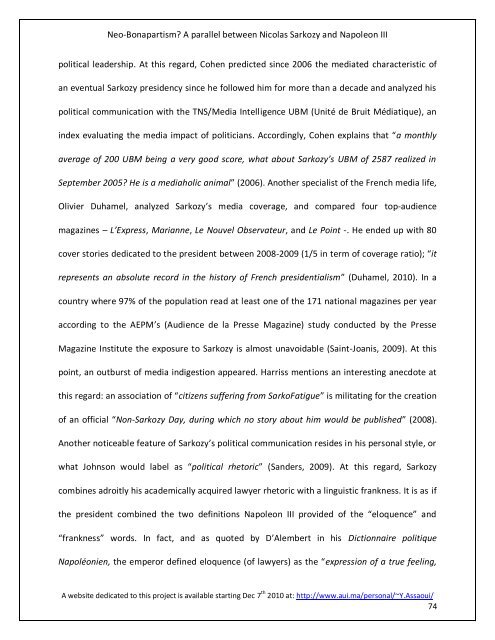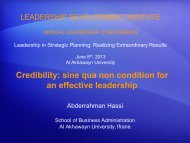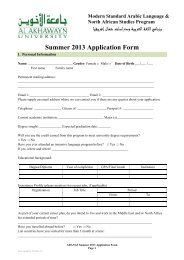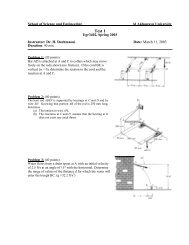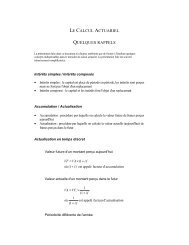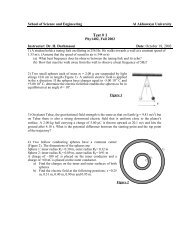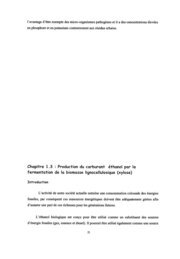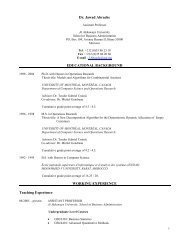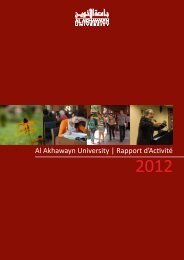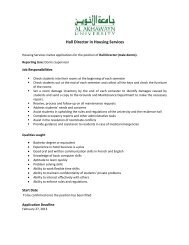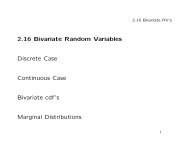Neo-Bonapartism? A parallel between Nicolas Sarkozy and ...
Neo-Bonapartism? A parallel between Nicolas Sarkozy and ...
Neo-Bonapartism? A parallel between Nicolas Sarkozy and ...
You also want an ePaper? Increase the reach of your titles
YUMPU automatically turns print PDFs into web optimized ePapers that Google loves.
<strong>Neo</strong>-<strong>Bonapartism</strong>? A <strong>parallel</strong> <strong>between</strong> <strong>Nicolas</strong> <strong>Sarkozy</strong> <strong>and</strong> Napoleon III<br />
political leadership. At this regard, Cohen predicted since 2006 the mediated characteristic of<br />
an eventual <strong>Sarkozy</strong> presidency since he followed him for more than a decade <strong>and</strong> analyzed his<br />
political communication with the TNS/Media Intelligence UBM (Unité de Bruit Médiatique), an<br />
index evaluating the media impact of politicians. Accordingly, Cohen explains that “a monthly<br />
average of 200 UBM being a very good score, what about <strong>Sarkozy</strong>’s UBM of 2587 realized in<br />
September 2005? He is a mediaholic animal” (2006). Another specialist of the French media life,<br />
Olivier Duhamel, analyzed <strong>Sarkozy</strong>’s media coverage, <strong>and</strong> compared four top-audience<br />
magazines – L’Express, Marianne, Le Nouvel Observateur, <strong>and</strong> Le Point -. He ended up with 80<br />
cover stories dedicated to the president <strong>between</strong> 2008-2009 (1/5 in term of coverage ratio); “it<br />
represents an absolute record in the history of French presidentialism” (Duhamel, 2010). In a<br />
country where 97% of the population read at least one of the 171 national magazines per year<br />
according to the AEPM’s (Audience de la Presse Magazine) study conducted by the Presse<br />
Magazine Institute the exposure to <strong>Sarkozy</strong> is almost unavoidable (Saint-Joanis, 2009). At this<br />
point, an outburst of media indigestion appeared. Harriss mentions an interesting anecdote at<br />
this regard: an association of “citizens suffering from SarkoFatigue” is militating for the creation<br />
of an official “Non-<strong>Sarkozy</strong> Day, during which no story about him would be published” (2008).<br />
Another noticeable feature of <strong>Sarkozy</strong>’s political communication resides in his personal style, or<br />
what Johnson would label as “political rhetoric” (S<strong>and</strong>ers, 2009). At this regard, <strong>Sarkozy</strong><br />
combines adroitly his academically acquired lawyer rhetoric with a linguistic frankness. It is as if<br />
the president combined the two definitions Napoleon III provided of the “eloquence” <strong>and</strong><br />
“frankness” words. In fact, <strong>and</strong> as quoted by D’Alembert in his Dictionnaire politique<br />
Napoléonien, the emperor defined eloquence (of lawyers) as the “expression of a true feeling,<br />
A website dedicated to this project is available starting Dec 7 th 2010 at: http://www.aui.ma/personal/~Y.Assaoui/<br />
74


